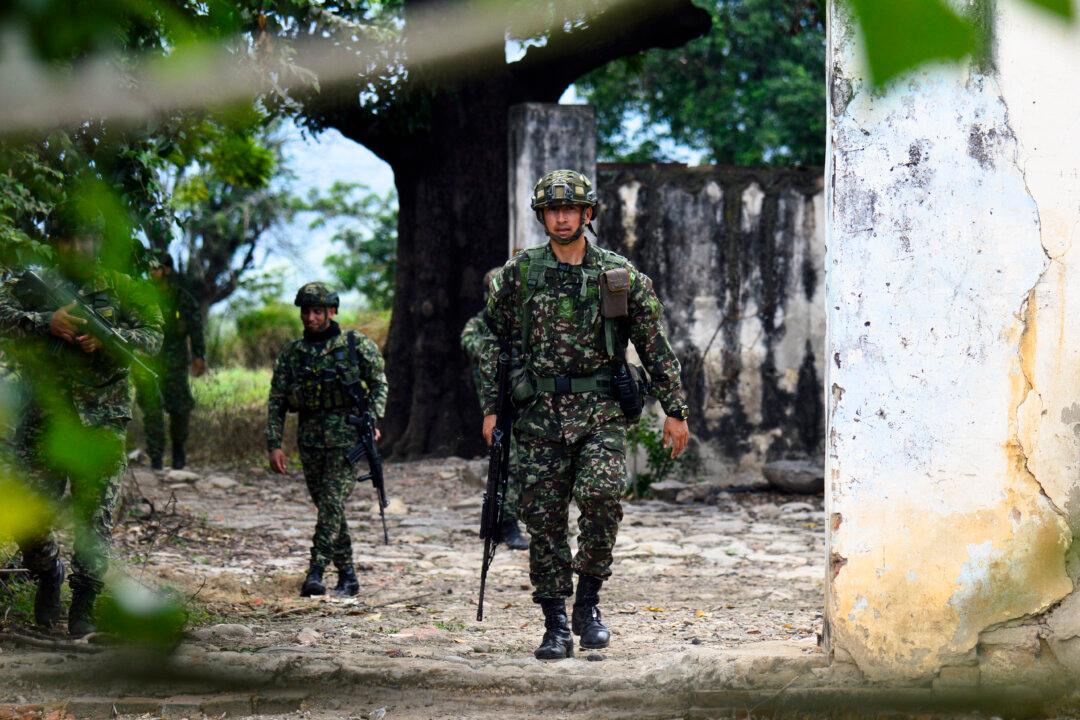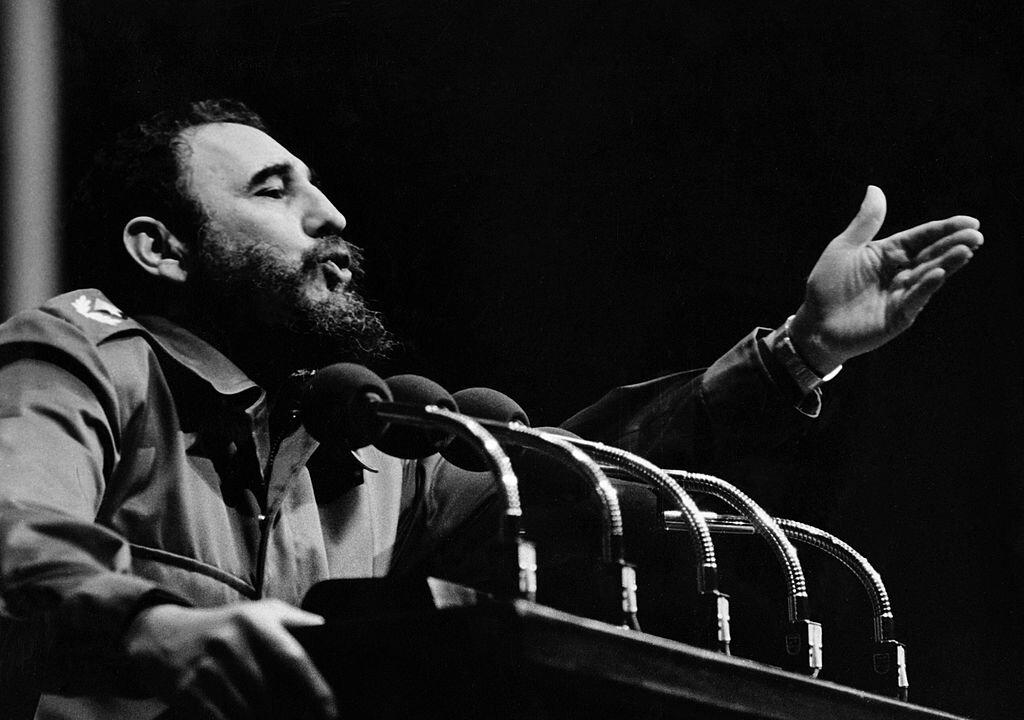Venezuelan ruler Nicolás Maduro announced key changes to the government-backed cryptocurrency called the petro on Oct. 1, adding confusion to an asset shrouded in mystery and rejected by the crypto community.
Maduro assured the audience that, despite U.S. sanctions, the petro will be the official currency for the country’s foreign transactions.





